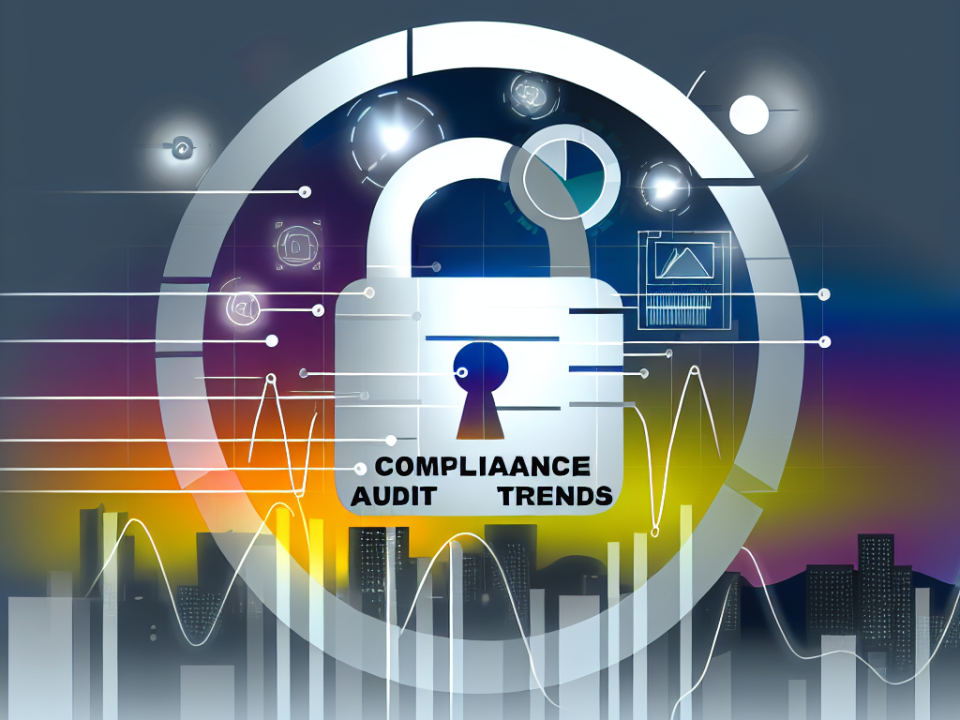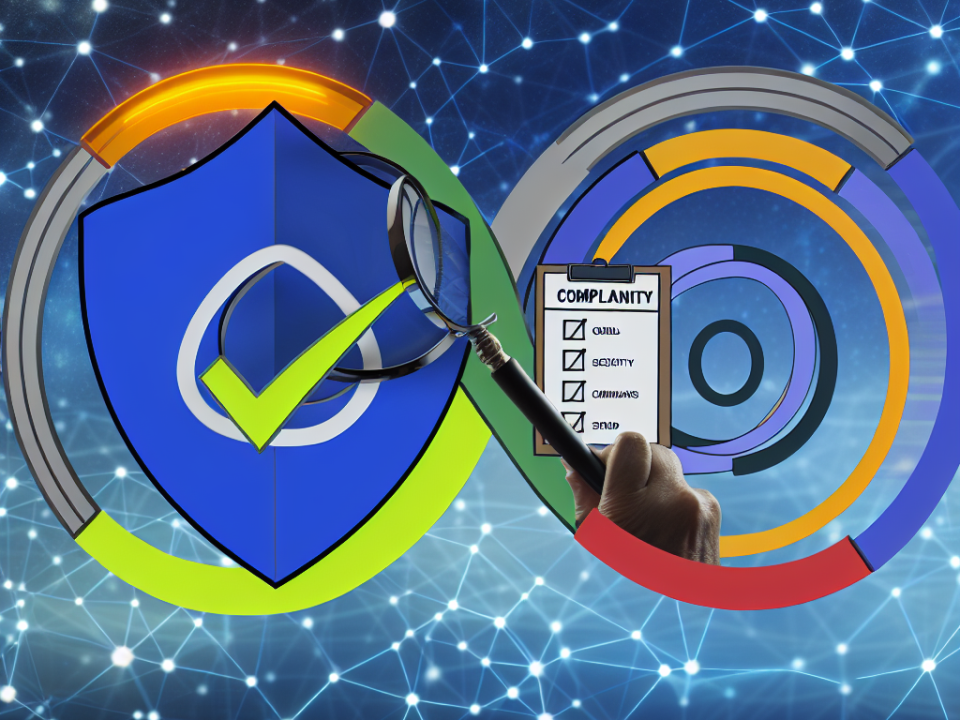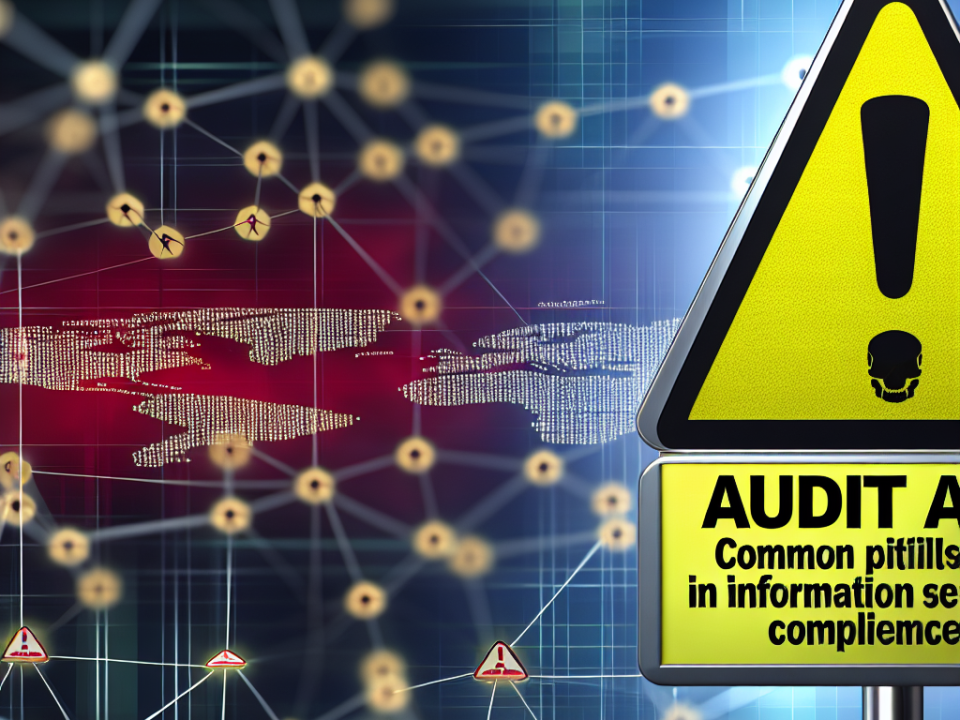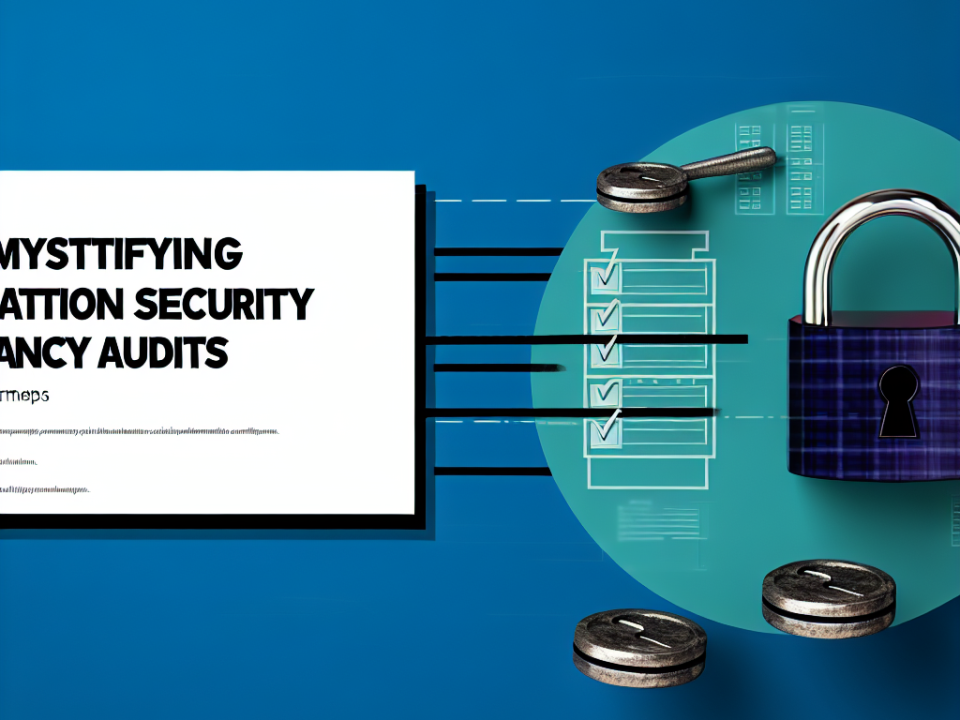
Ransomware Evolution: Anticipating New Challenges in 2025
October 21, 2025
The Intersection of Cybersecurity and Ethics: A 2025 Outlook
October 22, 2025
In today’s increasingly digital landscape, the stakes for businesses regarding cyber threats have never been higher. The rapid evolution of technology and the rise of sophisticated cyberattacks necessitate a proactive approach to cybersecurity. This is where industry standards come into play, serving as crucial benchmarks for organizations seeking to fortify their cyber defenses. In this article, we will explore the importance of future-proofing your business through adherence to industry standards and best practices in cyber defense.
The Cyber Threat Landscape
Before delving into industry standards, it’s vital to understand the current cyber threat landscape. Cybercriminals are using more advanced methods than ever, from ransomware attacks that cripple operations to data breaches that can cause irreparable damage to an organization’s reputation. According to the Cybersecurity and Infrastructure Security Agency (CISA), businesses are bombarded with millions of cyber threats daily. As such, it’s clear that no organization can afford to remain complacent when it comes to its cybersecurity posture.
Why Industry Standards Matter
1. Establishing Baselines
Industry standards provide a framework that establishes minimum security baselines for organizations across various sectors. Standards such as the ISO 27001 (Information Security Management) or NIST Cybersecurity Framework (National Institute of Standards and Technology) outline the best practices and essential controls necessary for safeguarding sensitive information. By adhering to these standards, businesses can ensure they cover fundamental security practices, thus reducing vulnerabilities.
2. Enhancing Compliance and Legal Protections
With the rise of data protection laws such as GDPR (General Data Protection Regulation) and CCPA (California Consumer Privacy Act), compliance is more crucial than ever. Industry standards help organizations align their cybersecurity measures with legal requirements, thereby mitigating risks associated with non-compliance, which can result in hefty fines and legal repercussions.
3. Boosting Customer Confidence
Customers are increasingly concerned about the protection of their personal information. By adhering to recognized industry standards, businesses can demonstrate their commitment to cybersecurity, fostering trust and loyalty among customers. This can be a significant differentiator in a crowded marketplace, particularly for businesses in sectors like finance and healthcare that handle sensitive data.
4. Facilitating Risk Management
A structured approach based on industry standards allows organizations to better assess, manage, and mitigate risks. By continuously monitoring compliance with these standards, businesses can identify weak points in their defenses and make informed decisions regarding resource allocation for cybersecurity initiatives.
Best Practices for Implementing Industry Standards
1. Conduct Regular Assessments
Regular assessments and audits help identify gaps in compliance with industry standards. Tools like penetration testing and vulnerability assessments can provide insights into potential weaknesses and inform necessary upgrades.
2. Invest in Employee Training
Human error remains one of the leading causes of security breaches. Regular training sessions that educate employees about cybersecurity practices and the importance of compliance with industry standards can significantly reduce the risk of insider threats.
3. Stay Updated
Cyber threats are continuously evolving. Keeping abreast of changes in industry standards and incorporating them into your security protocols is essential for long-term resilience. Engage with industry forums and cybersecurity communities to stay informed about emerging threats and best practices.
4. Collaborate with Experts
Partnering with cybersecurity consultants can provide you with the expertise necessary to align your practices with industry standards. These professionals can help customize solutions that fit your organization’s unique needs.
5. Leverage Technology Solutions
Utilizing advanced security technologies—like threat intelligence platforms, firewalls, and intrusion detection systems—can bolster compliance with industry standards and create an additional layer of protection against cyber threats.
Conclusion
Future-proofing your business is not merely about adopting the latest technologies; it’s about embedding a culture of cybersecurity within your organization. Adhering to industry standards in cyber defense is critical for establishing a sturdy foundation that protects your assets, complies with regulations, enhances customer trust, and ultimately ensures the longevity of your business in an unpredictable digital world. As cyber threats continue to evolve, so too should your approach to securing your organization. Embrace industry standards—not just as a compliance measure, but as a strategic imperative for a resilient future.







